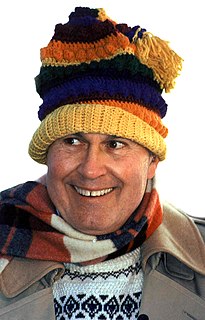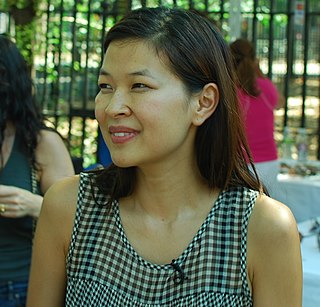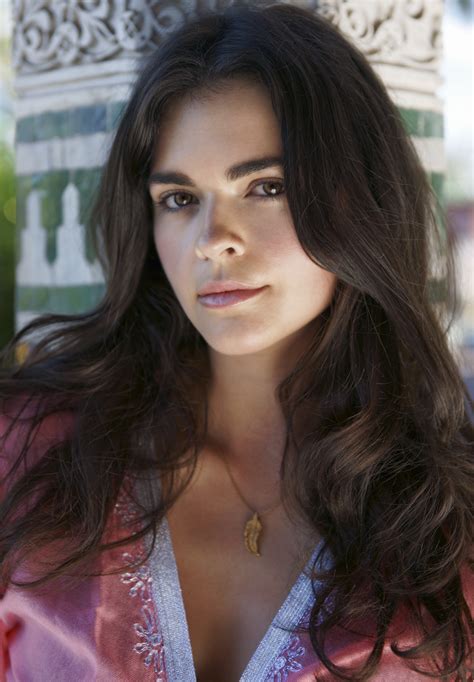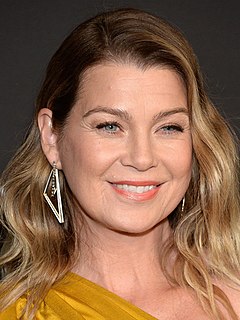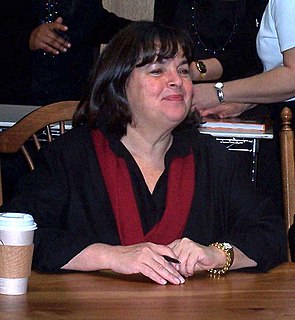A Quote by Hillary Scott
My parents traveled a lot, so my grandparents practically raised me. My grandmother and I really bonded in the kitchen. She's this amazing southern cook, and I would always help her - whether it was cracking eggs or stirring the green beans. It takes me back there.
Related Quotes
My favorite thing is when I go back and my mother cooks for me. Because it just throws me back the same flavor. And I try to modify things: I say, "Why don't you do this and that?" My mother is older, but she cooks a lot, and she doesn't want to change anything. She's a very good cook, and my grandmother was an amazing cook.
I was one of those people raised by a woman who was what I call a prisoner of war. She was captured, she didn't want to be there, she was unhappy, she was banging away in the kitchen, the way that a prisoner would bang on her jail cell, you know, really unhappy. She had to cook for nine people with really little money, so she really just got burned out. So I didn't know that you could actually cook and it would be calming, pleasurable.
I was raised by drag queens, practically ... my mother died when I was four-years-old, so I was effectively raised by a bunch of different people. A lot of those people were friends of my sister, Kathleen, who had all these gay friends. She would baby-sit me everyday, and she would take me over to her friend's houses with all kinds of things going on: tucking, and eyebrow drawing, waxing, all sorts of things. I was literally raised by gay men.
I was always a person on my mother's hip in the kitchen. My mom really wanted her kids at her side as much as possible, and she worked in restaurants for over fifty years. And my grandfather had ten children, and he grew and prepared most of the food. My grandmother, on my mother's side, was the family seamstress and the baker. So my mom, the eldest child, was always in the kitchen with my grandpa and I was always in the production and restaurant kitchens and our own kitchen with my mom. And it's just something that has always spoken to me.
It wasnt until I was a sophomore in high school that I asked Mama if I could come into the kitchen and have her teach me how to cook something. Well, I wasnt in there five minutes before she said, OK, honey, you have to go now. I made her so nervous she was about ready to throw up. So I really didnt have an interest in being in the kitchen until after I was married, when I was 18. It didnt take me long to realize that Mama was not going to show up at my house every day and cook.
When my mother would make me sandwiches for school - zucchini and eggs, pepper and eggs, everything was with eggs - the oil would drip out of the bag. She didn't care if I lost the sandwich - she wanted that brown bag back. She used to give me artichoke sandwiches. You have no idea how embarrassing it is to sit in the schoolyard eating an artichoke with a piece of bread. A lot of kids didn't know what it was, they'd say, Look at that guy eating flowers!
My grandmother stepped back into the kitchen to get their drinks. I had come to love her more after death than I ever had on Earth. I wish I could say that in that moment in the kitchen she decided to quit drinking, but I now saw that drinking was a part of what made her who she was. If the worst of what she left on Earth was a legacy of inebriated support, it was a good legacy in my book. ~Susie's grandmother, Lynn pgs 315-316




